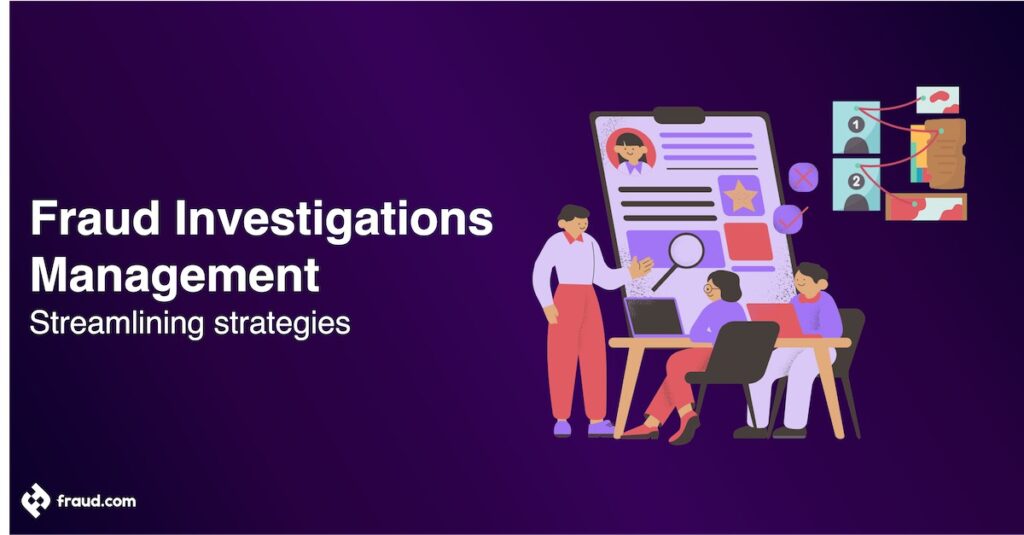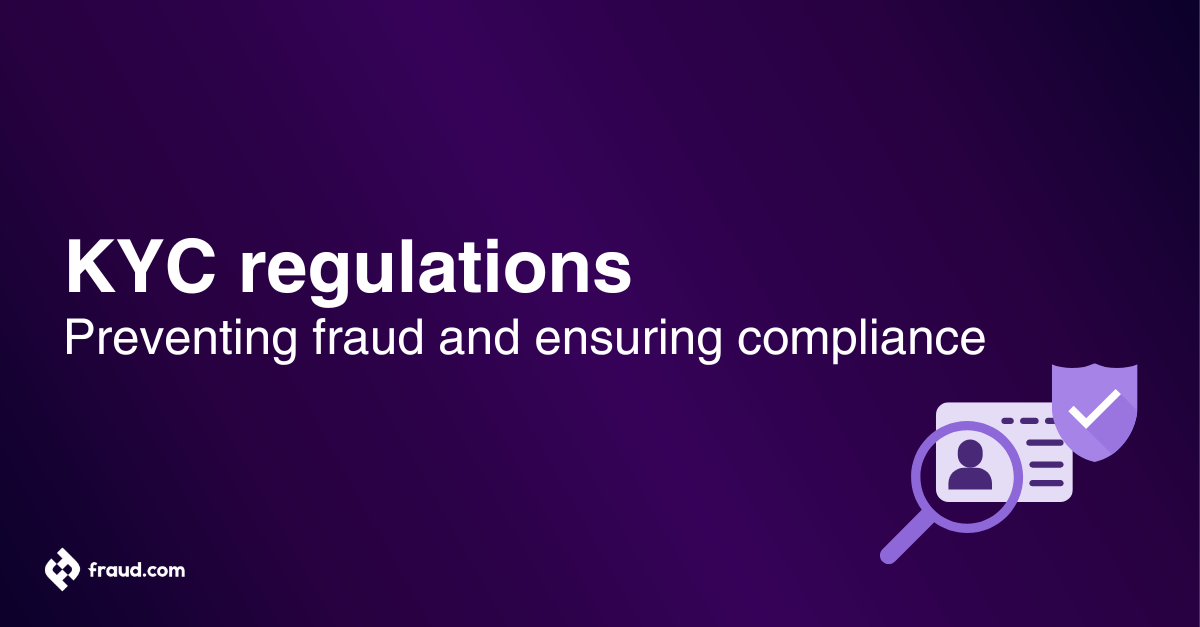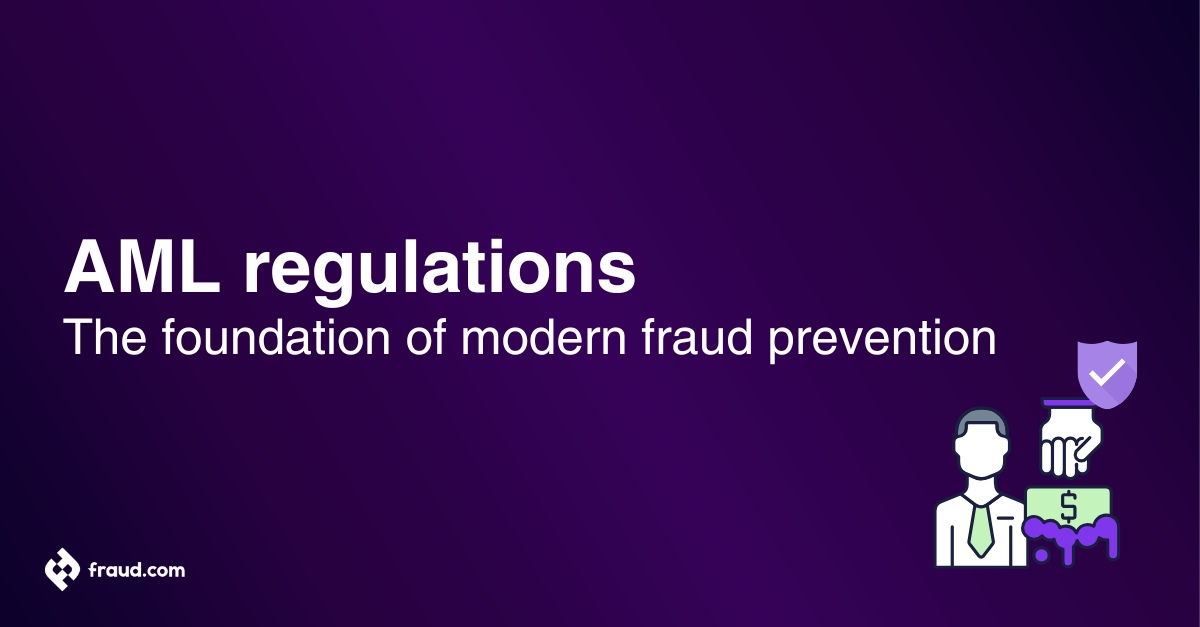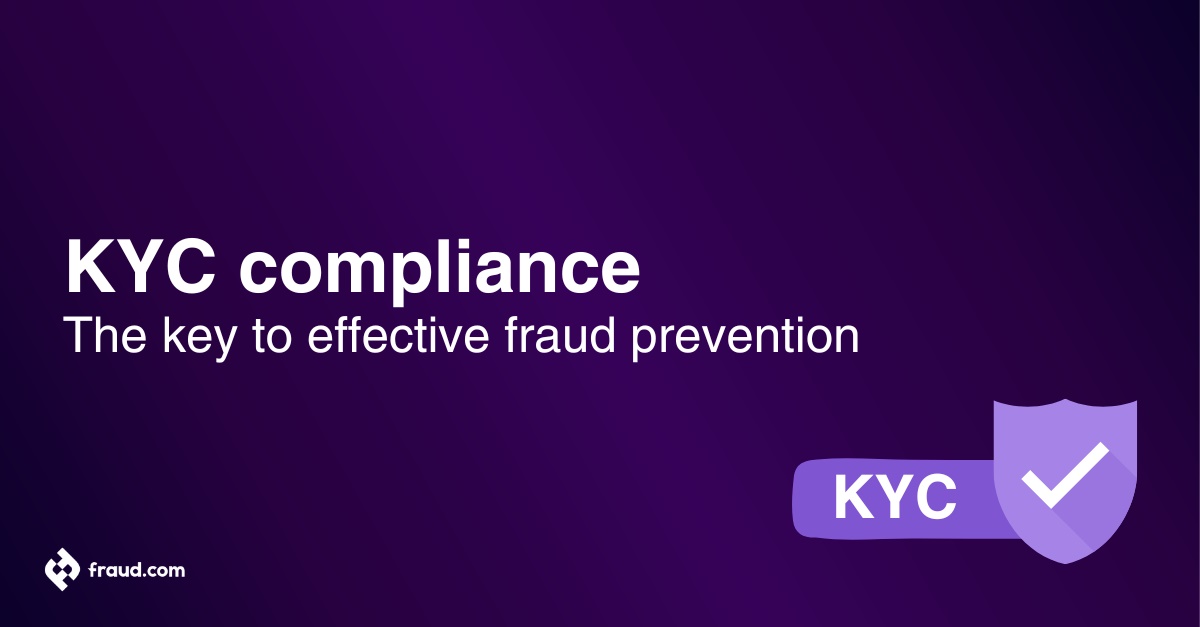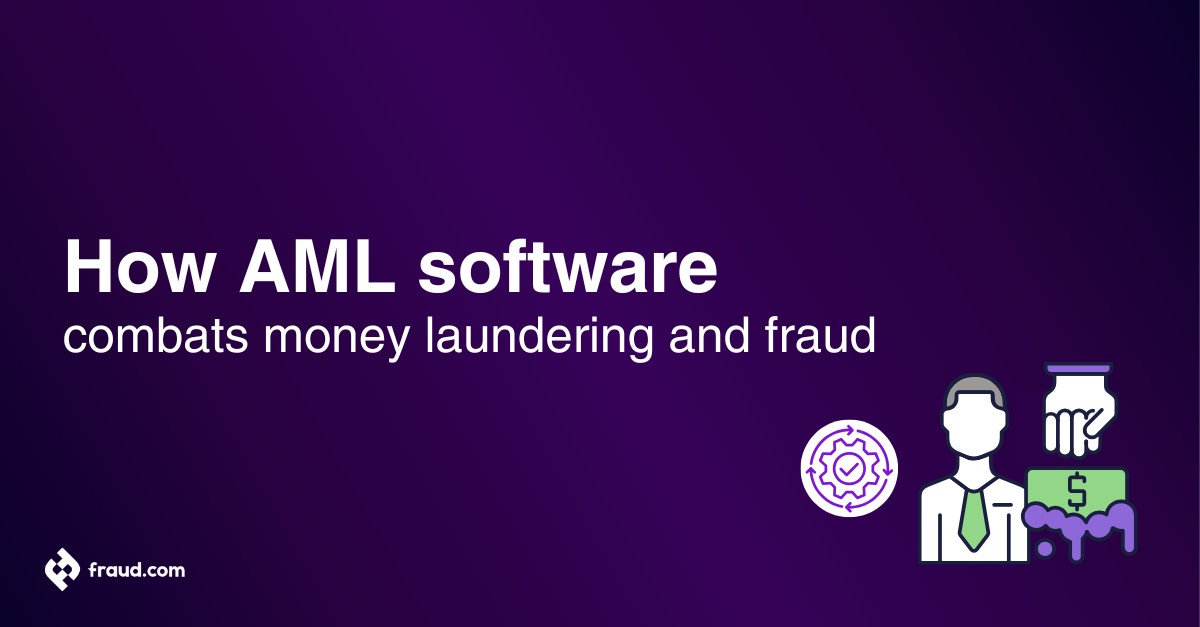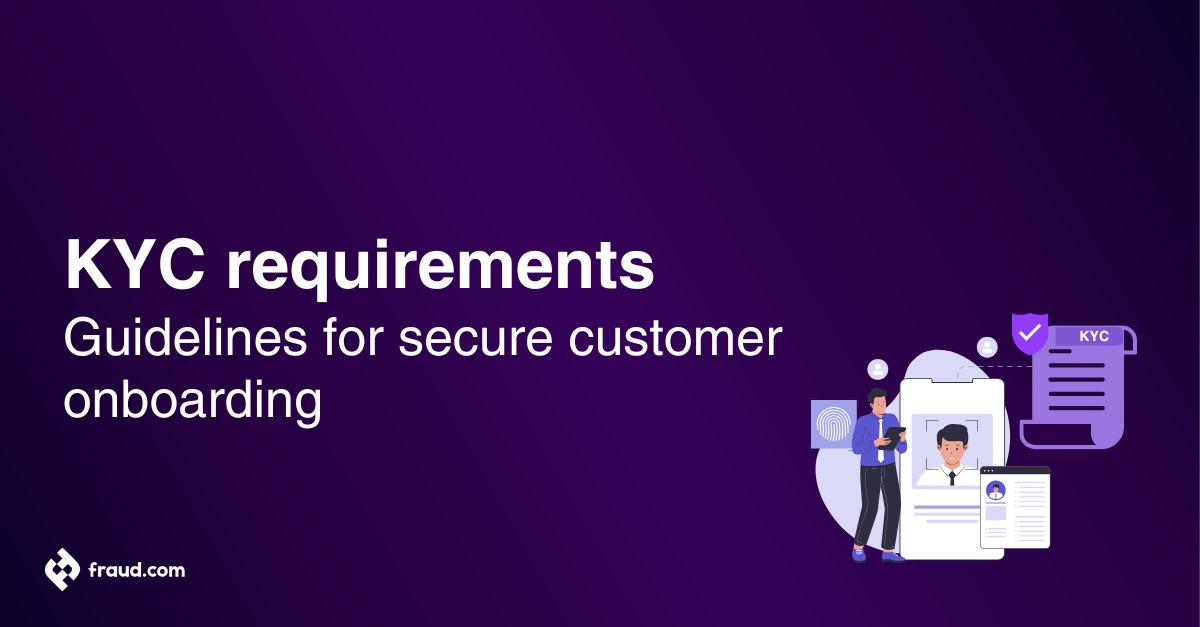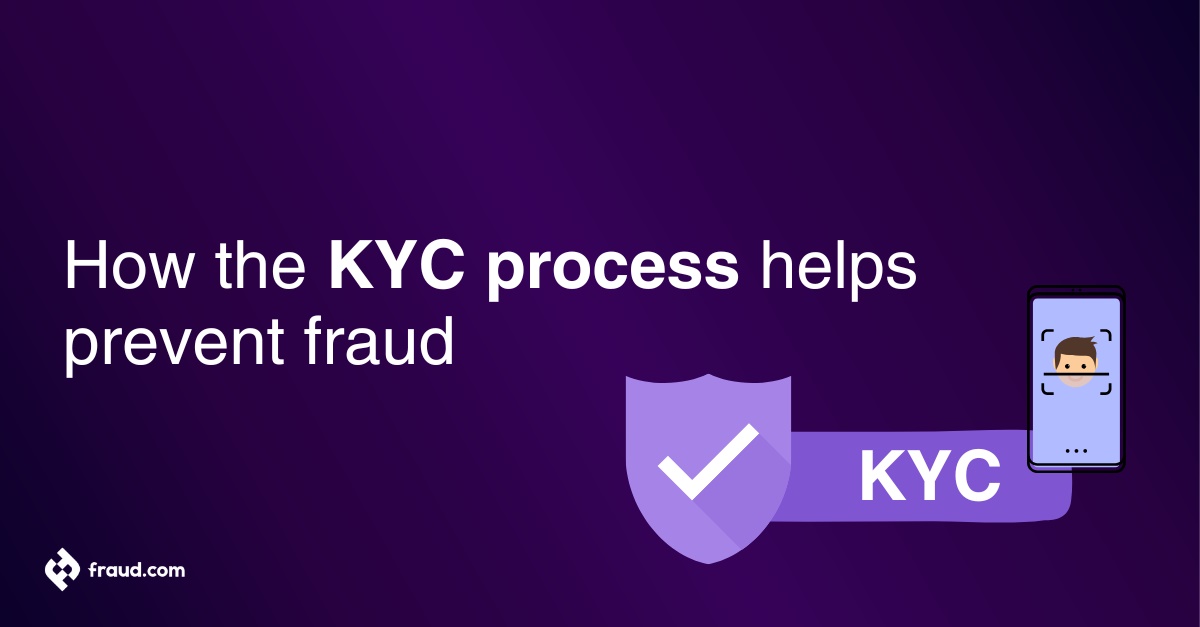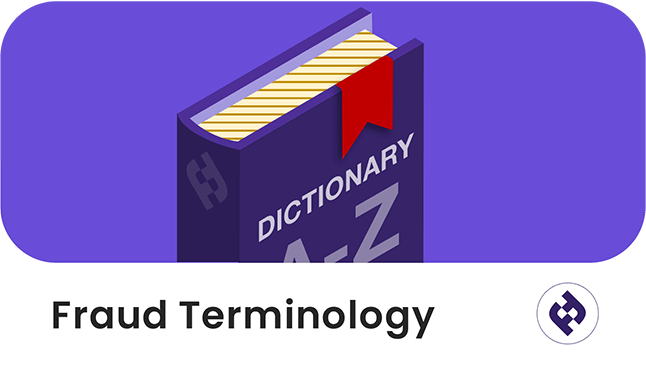In modern fraud operations, fraud investigation management emerges as a critical pillar in safeguarding integrity and trust. As risks become increasingly sophisticated, effective prevention and response strategies play a crucial role in mitigating potential fraud threats.
Rapid technological advancements have not only expanded the landscape of financial transactions but have also provided new avenues for fraudulent activities. From cyberattacks to intricate financial schemes, the spectrum of fraud has grown more diverse and difficult to detect, making the role of fraud investigations paramount. In this dynamic environment, organisations must be proactive in adopting comprehensive strategies that encompass risk management, collaborative efforts, and cutting-edge technologies to ensure their financial stability and reputation remain uncompromised.
Table of Contents
ToggleWhat are fraud investigations
Fraud investigations involve carefully examining financial records, audits, security footage, and other traceable sources to uncover illegal activities like bank fraud including embezzlement, identity theft, and money laundering. This process includes research, interviews, surveillance, fraud data analytics, and collaboration with legal entities to identify fraudsters, gather evidence, and prevent future fraud.
These investigations aim to reveal deceptive practices, identify wrongdoers, and recover losses, all while maintaining ethical business standards and deterring malicious activities. As the landscape of fraud evolves, efficient fraud investigations become increasingly vital to protect businesses from financial harm and reputational damage.
How do fraud investigations work
Understand how effective fraud investigations work with this detailed step-by-step guide. An invaluable resource for decision-makers in sectors prime for fraud threats.
With the rise in financial fraud and intricate scam schemes, organisations across every sector are at risk. As a decision-maker, understanding how fraud investigations work is crucial in safeguarding your organisation and paving the way for a robust anti-fraud strategy.
Step-by-step guide on fraud investigations
- Recognising fraudulent activity: The first step in any fraud investigation is being aware that something untoward has occurred. This can be identified by irregular patterns in transactional data or discrepancies in accounting books.
- Gathering and protecting evidence: Once suspicion arises, it’s important to gather evidence without disrupting normal operations. This includes documentation, transaction records, and any communication that may point to fraudulent activity.
- Analysing the evidence: The next stage involves diligent fraud analysis of the collected data. With the help of advanced fraud detection and analysis tools, investigators can identify patterns, inconsistencies or relationships that might not be immediately apparent.
- Interviewing suspects and witnesses: An important phase in the investigation includes conducting interviews. The process of interviewing varies depending on the nature of the fraud and the people involved.
- Reporting findings: Post the investigation, findings are collated into a comprehensive report. As a decision-maker, understanding this report and implementing its recommendations is key.
- Taking action: Action could range from internal measures like dismissal or retraining, to taking legal action if necessary. A proactive response is critical in deterring future fraudulent activity.
Challenges in fraud investigations
Navigating fraud investigations comes with hurdles arising from evolving fraud tactics, digital transactions, and global reach. Amid these shifts, decision-makers face unique challenges shaping their anti-fraud efforts.
- Evolving fraud tactics: Fraudsters adapt tactics, challenging detection. Recognising these shifts is vital for modern fraud prevention.
- Digital landscape: Digital transformation amplifies fraud potential. Complex datasets require skilled analysts and advanced tools.
- Global complexity: Cross-border business adds layers. Understanding diverse laws and regulations complicates investigations.
- Collaboration barriers: Information spans departments. Fostering cooperation expedites effective investigations.
- Confidentiality balance: Protecting privacy during inquiries is crucial. This challenge is complex when employees or sensitive data are involved.
- Resource management: Investigations can be resource-intensive. Balancing effective inquiry and resource allocation is key.
Amid these challenges, decision-makers can innovate. Enhanced detection, departmental collaboration, and confidentiality measures can mitigate risk, even within this landscape.
Streamlining fraud prevention strategies
The convergence of data analytics and digital forensics empowers fraud investigations with unprecedented capabilities. Leveraging transaction logs, user activity, and communication records yields profound insights into fraudulent activities.
Fraud occurs in various forms, and knowing the common types of fraud is the first step towards prevention. Decision-makers need to focus on building layered defence strategies that address different fraudulent behaviours. This involves developing specialised investigations units trained to detect and analyse evidence of suspected fraud.
An investigative team within an organisation must have a solid preventive strategy in place. This includes developing an investigation plan and anticipating many fraud schemes prevalent in their respective industry. These strategies are crucial, especially when dealing with financial transactions such as credit card fraud exploitations.
Enhancing fraud response strategies
Responding to fraud allegations is just as important as preventing them. Companies need to ensure that they have an efficient system in place to manage these allegations. One way to do this is through robust fraud operations and fraud orchestration.
Fraud orchestration involves the use of integrated platforms to manage all fraud incidents in a cohesive manner. By coordinating all elements of fraud management – from identification to reporting – decision-makers can ensure that their inspector general or special investigations teams are able to respond quickly and effectively to any fraudulent activity.
Technology enablers for fraud investigations management
There is power in data analysis and predictive modelling for fraud detection. Leveraging technology enables organisations to sift through substantial amounts of data and pinpoint suspicious activities more precisely.
Fraud orchestration and Robotic Process Automation (RPA) can significantly enhance the efficiency of an investigations unit. These technologies expedite the investigation process and help analyse evidence more effectively.
Furthermore, fraud management software enables teams to track, manage, and report fraudulent activities, creating a central hub for all data and ensuring prompt responses. This technology-driven approach provides a comprehensive view of fraud risks and solutions.
Best practices for streamlining fraud investigations
Actionable insights emerge as the foundation of successful investigations. Companies are encouraged to persistently adjust to changing strategies, highlighting a forward-thinking approach to combat fraud.
Streamlining fraud investigations may sound challenging. Nonetheless, adopting these optimal strategies can boost your organisation’s productivity, setting the stage for a more strategic method in combating fraud:
- Early detection: Adopt early warning systems to detect irregularities and unusual patterns. This enables immediate response to the signs of potential fraud.
- Technology: Leverage anti-fraud technologies like AI-based and machine learning, fraud orchestration platforms, predictive analytics, and robotic process automation for timely detection and swift response to fraud threats.
- Specialised investigative team: Establish a dedicated team with specialised knowledge in fraud detection. This supports in-depth analysis and bolsters surveillance efficacy.
- Clear investigation plan: Create a well-defined investigation plan. Having procedural steps in place ensures swift countermeasures and controls in case of suspected fraud.
- Data analysis: Prioritise data fraud analysis to detect fraud patterns. The use of analytical tools can provide insightful data patterns, helping in prompt and precise fraud identification.
- Regular training programs: Encourage regular training sessions to stay updated on the latest fraud tactics and relevant countermeasures. Knowledge enhancement translates to more effective prevention and control.
- Fraud risk assessment: Conduct regular fraud risk assessments to identify potential vulnerabilities. This proactive approach helps in formulating stronger defensive strategies.
- Reporting mechanism: Develop a clear reporting mechanism, ensuring efficient and confidential reporting of suspected fraudulent activities, that can be downloaded and accessed by the relevant parties, such as law enforcement agencies, regulators and forensic accountants.
- Cross-functional collaboration: Promote interaction and teamwork between departments. Efficient internal collaboration helps in the quick identification and reaction to fraudulent activities.
- Ethical standards: Uphold ethical standards within your organisation. A strong ethical culture acts as a natural deterrent for fraudulent behaviour.
Implementing these practices invites a culture of vigilance and proactive prevention, making it increasingly challenging for fraud to go undetected.
Fraud investigations management by fcase
Managing fraud investigations requires dependable tools and an assertive approach. With fcase, organisations are provided with a customised solution aimed at simplifying complexities and boosting their anti-fraud abilities.
- Collaboration: fcase encourages intra-departmental collaboration, ensuring that pertinent information is shared in a controlled environment. This facilitates a quick apprehension of fraud and a synchronised response, which is essential in managing fraud investigations proficiently.
- Single customer view: Understanding the customer journey is integral to preventing fraudulent activities. fcase excels in this field by providing a unified platform that tracks customer interactions across all channels. This harmonious view includes not only transactions but also behavioural analytics, fostering a holistic interpretation of threats and fraudulent patterns.
- Fraud orchestration: fcase’s fraud orchestration provides central intelligence over existing anti-fraud investments, empowering businesses to reduce fraud and operational costs effectively. This supports a rapid yet thorough analysis of potential and active threats, substantially improving anti-fraud responses.
- Customer risk and trust journey: fcase values the customer’s risk and trust journey by ensuring optimal protection while maintaining a frictionless customer experience. It balances vigilance with functionality, allowing businesses to defend against fraud without sacrificing customer satisfaction.
With frequent advancements in fraud tactics, it’s more critical than ever to use tools like fcase that can help fraud investigations management processes identify, react, and resolve threats quickly. Adopting fcase’s proficient capabilities carries organisations one step closer to reliable fraud defence.

